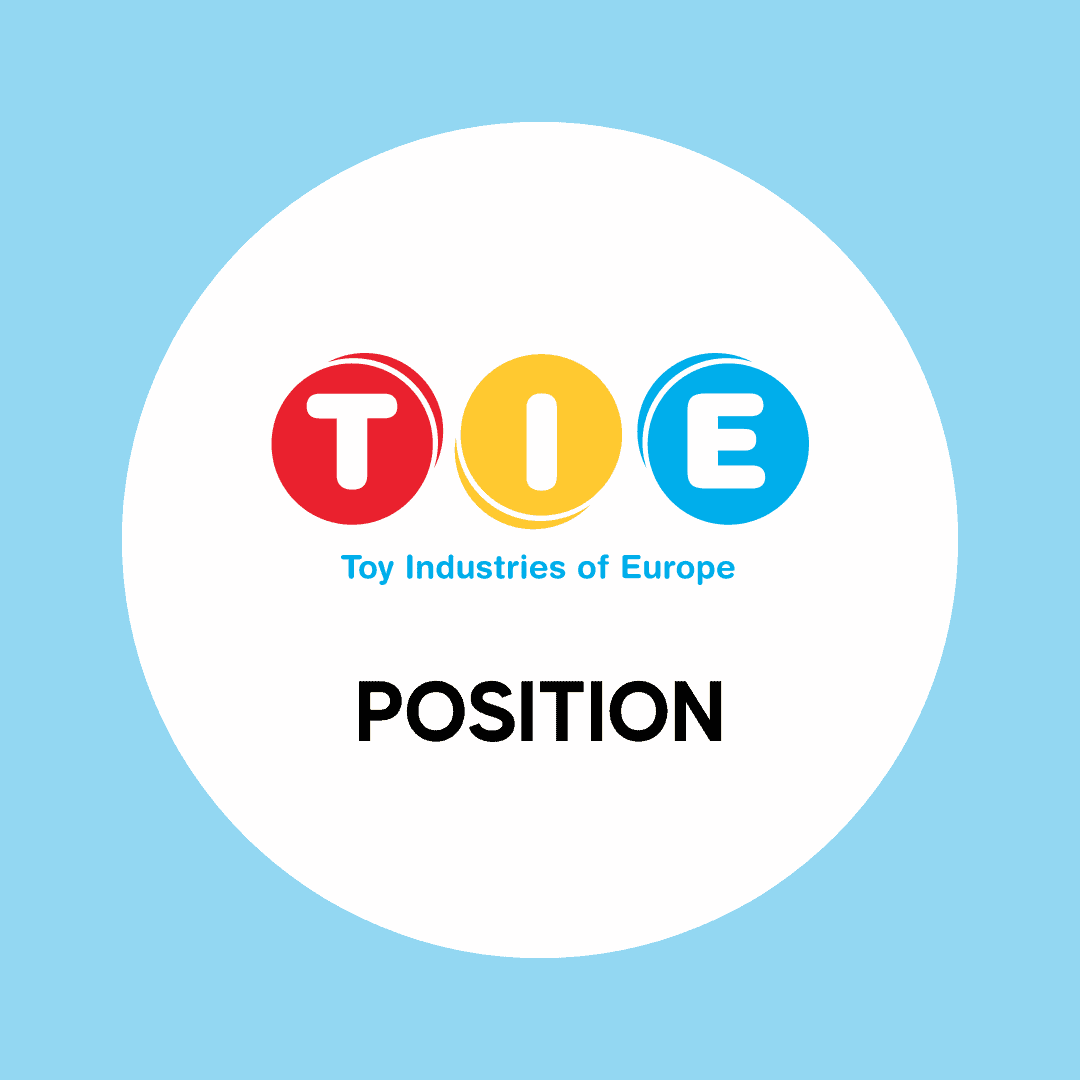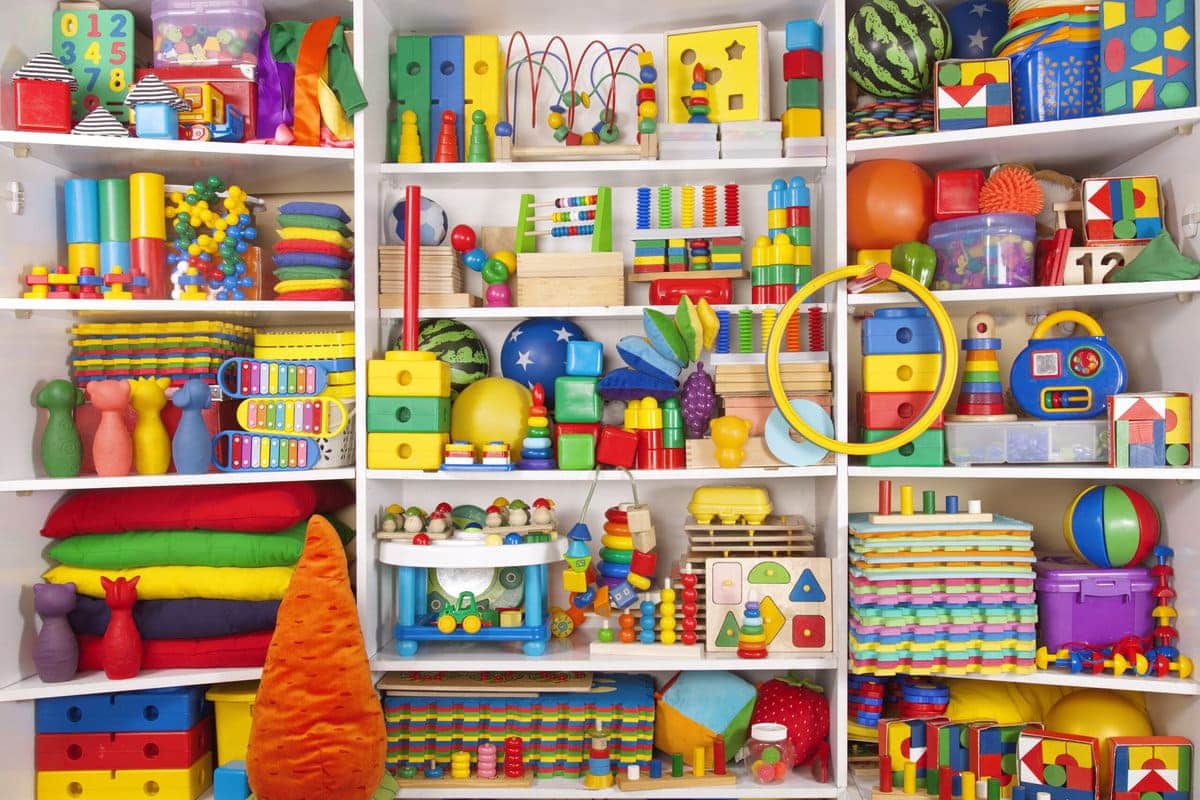Toy trends change fast with new product lines released every year. The toy sector constantly innovates and launches new products to keep up with societal changes and customer expectations.Toy companies need strong intellectual property rights (and enforcement of those rights) to protect ideas and inventions.
Unfortunately, there are many rogue operators whose business model is based on selling copies. This takes income from the innovators and gives a child an inferior quality toy. Often fake toys do not comply with all the strict toy safety and sustainability regulations. In our experience, traders who do not care about IPR rules will not care about product safety rules.
IPR infringement in the toy sector takes place on a very large scale. TIE has been pushing for stricter rules to tackle the sale of counterfeit toys in the past and it remains today one of its main priorities to ensure a safe play experience for our children. We are a signatory of the Memorandum of Understanding on the sale of counterfeit goods on the Internet. This is a voluntary agreement between major online platforms and rights holders.


